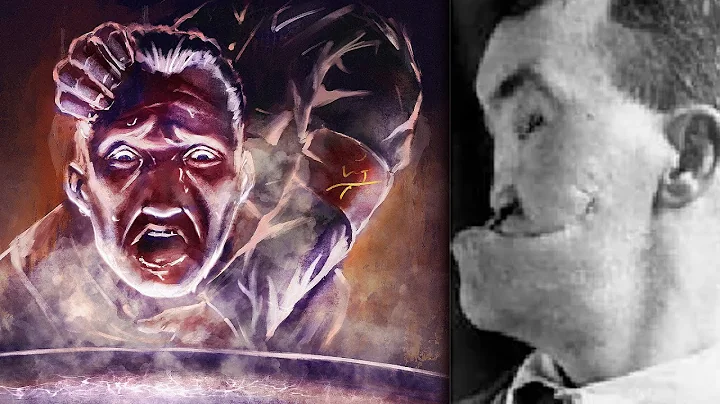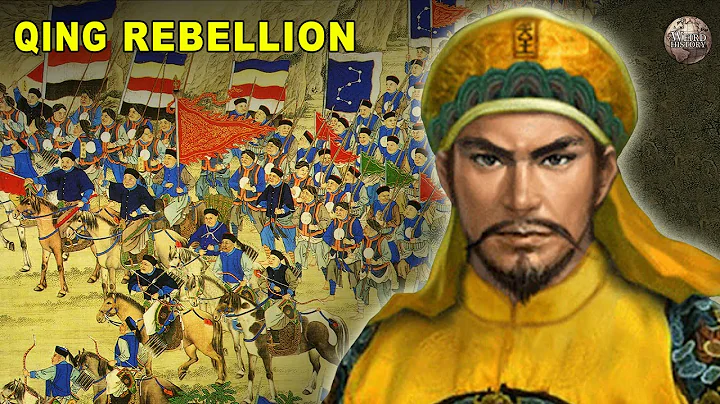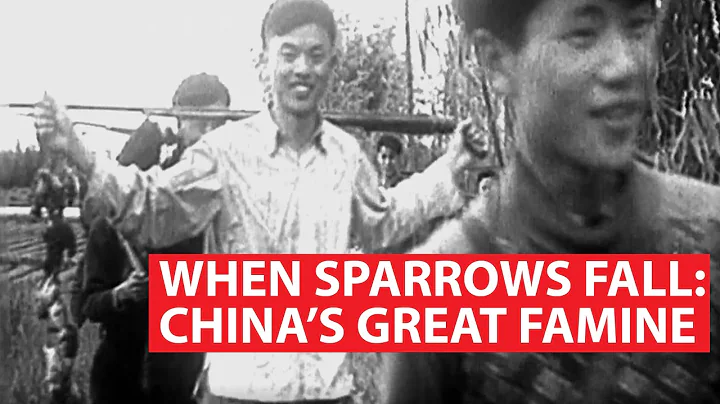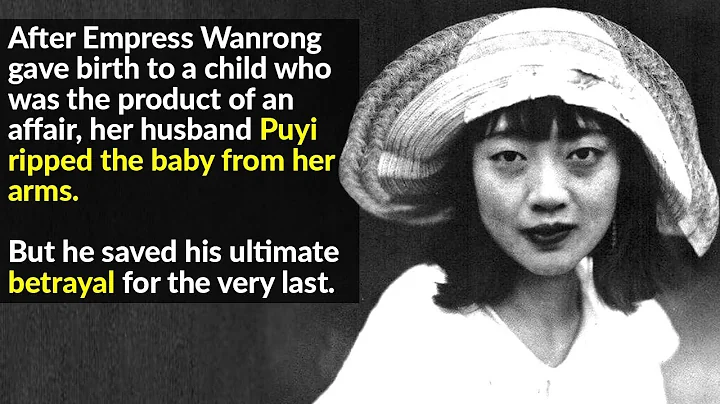There are many reasons for the failure of the Taiping Heavenly Kingdom , and scholars have discussed each. However, not many people have talked about the factors of the great plague in Jiangsu, Zhejiang and Anhui at that time.
Hong Xiuquan launched the Jintian Uprising in 1851, and it was unstoppable. In early 1853, he captured Wuchang, and went down the river to Jiujiang and Anqing, and finally captured Nanjing as the imperial capital.

Jintian Uprising
In 1856, Hong Xiuquan's Taiping Army successively defeated the Jiangbei Camp and Jiangnan Camp of the Qing Dynasty , occupying most of Anhui, Jiangxi, Hubei, Jiangsu and other provinces, and the Taiping Rebellion reached its military peak.

After the early days of the Taiping Heavenly Kingdom
, the Taiping Heavenly Kingdom Tianjing Incident broke out, Wing King Shi Da was angry and led his troops to leave. The Qing army took the opportunity to march, and soon reoccupied Wuchang and other places, and rebuilt the Jiangbei and Jiangnan camps.
In 1861, the Second Opium War ended and the "Beijing Treaty" was signed. The Qing army united with Shanghai's foreign gun team to attack the Taiping Army in Jiangsu, Zhejiang and Anhui from three sides.
The Taiping Army eventually retreated steadily and was completely defeated in 1866. Among them, the plague had a huge impact on the Taiping Army.
1. The beginning of the epidemic.
In 1853, the Taiping Army reached the middle and lower reaches of the Changjiang River for the first time. The war was brutal and corpses were everywhere in Nanjing: "The epidemic was prevalent, and many bandits died in the city, as well as officers and soldiers outside the city."

The terrible consequences of the plague
2. The plague is rampant.
In 1857, an epidemic suddenly occurred in Yingshang City, Anhui Province, which was besieged by the Taiping Army, and more than 3,000 people died at once. The epidemic is beginning to take shape.
The plague began to spread rapidly in 1860, reached its climax in 1862, and lasted until 1864, when the war basically subsided.
This time, the plague in Jiangsu, Zhejiang and Anhui has swept through 32 counties. Southern Jiangsu, , northern Zhejiang, southern Anhui, and Shanghai have all experienced epidemics. In many places, the population has dropped sharply to half or even one-third of its original size. In some serious areas, only one out of ten is left.
1. From May to August in the 10th year of Xianfeng (1860), the plague prevailed in Changshu , Wuxi , Wuzhen , Jiaxing , and many people died.

A plague broke out in Wuxi in the Qing Dynasty
2. In the 11th year of Xianfeng, plague and cholera appeared in Lin'an, Changhua, and Jiaxing, killing most of them.
3. In the first year of Tongzhi (1862), an epidemic occurred in Jiaxing that was so severe that patients would die overnight; cholera broke out in Shanghai and thousands of people died.
In the summer of that year, Shaoxing was hit by floods, and the epidemic broke out subsequently, killing many people.
In the autumn of that year, the plague was rampant in Nanjing, and the dead were not counted...

3. The serious epidemic had two serious impacts on the Taiping Army:
First: the epidemic was rampant and the people could not produce, and the Taiping Heavenly Kingdom appeared Lack of food and grass for a long time.
Second: A large number of soldiers died in the plague, the number of combatants and combat effectiveness dropped rapidly, and the army also needed a large amount of strength for epidemic prevention, making it difficult to replenish its troops.
There are three reasons why the plague pandemic occurred: first, the long-term war caused the people in the Taiping Rebellion area to decline due to lack of nutrition; second, the increase in the refugee population accelerated the spread of the plague; third, the medical treatment at that time The level is limited and cannot effectively treat patients.
Conclusion: "It is said that "when prosperity occurs, the people suffer; when death occurs, the people suffer".
By 1865, Suzhou Prefecture had only 1.3 million people left, which was a decrease from the 3.9 million before the Taiping War. It has been reduced by two-thirds; Wuxi is almost the same, with its population reduced by more than half.
The plague and the defeat in the war have put the Taiping Heavenly Kingdom into the "three noes" situation: no one, no money, and no food. In this situation, you are a god. , this battle is not easy to win.



![How did the Chinese Qing Empire Collapse? [Complete History Documentary] - DayDayNews](https://i.ytimg.com/vi/EdY5-uLyp94/hq720.jpg?sqp=-oaymwEcCNAFEJQDSFXyq4qpAw4IARUAAIhCGAFwAcABBg==&rs=AOn4CLAdNq5Egyik6zq707olFE981IFvgA)


















